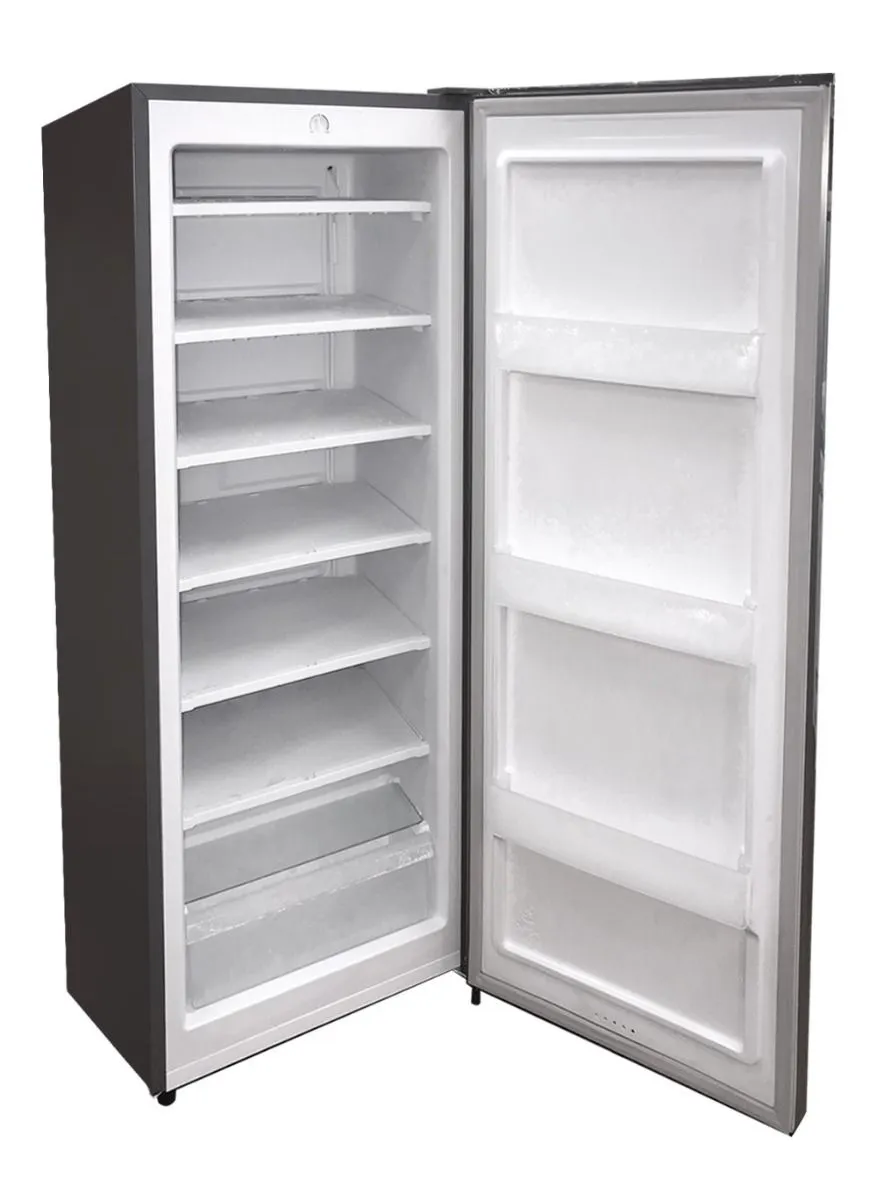When it comes to home appliances, proper placement can significantly impact their efficiency, longevity, and performance. A common question many homeowners have is whether it’s feasible to keep a freezer outside. Whether you’re dealing with space constraints indoors or you’re looking for easy access to frozen goods while entertaining outdoors, placing a freezer outside might seem like a practical solution. In this post, we will delve into the various considerations you need to make before moving your freezer outdoors. From environmental factors to maintenance concerns, TheKitchenApplianceDad.com has you covered!
Benefits of Keeping a Freezer Outside:

Risks Associated with Outdoor Freezer Placement:
The most crucial factor to consider is the climate you live in. Freezers are generally designed to operate within specific temperature ranges, typically found indoors. Extreme cold can cause the compressor and other mechanical components to work harder than they are meant to, which might lead to failures. Conversely, in very hot climates, your freezer will need to work overtime to maintain the correct internal temperature, which can also reduce its lifespan and increase your electricity costs.
Not all freezers are suitable for outdoor use. When considering placing a freezer outside, it’s essential to choose a model that is specifically designed for outdoor use. Outdoor freezers are built with more robust components that can withstand varying temperatures and humidity levels. Here’s a helpful guide on Choosing an Outdoor Freezer that might aid in making an informed decision.
If you decide to place a freezer outdoors, choosing a sheltered location is vital to protect it from direct sunlight, rain, and snow. Consider using a weatherproof cover or building an enclosure to provide additional protection. Make sure that the area is well-ventilated to prevent the freezer from overheating.
Outdoor freezers require more frequent maintenance than their indoor counterparts. Regular checks for rust and corrosion, clearing out the drainage system, and ensuring the seal and insulation are intact can help prolong the life of your outdoor freezer.
As outdoor appliances can be an easy target for theft, ensure your freezer is properly secured. Using a lock and placing the freezer in a less visible and accessible spot can help reduce the risk of theft.
If the risks and maintenance involved with keeping a freezer outdoors seem daunting, consider these alternatives:
While keeping a freezer outside can offer convenience and space-saving benefits, it comes with a set of challenges that should not be overlooked. It is crucial to assess your specific needs, local climate, and the ability to maintain and secure the appliance adequately. By considering these factors, you can ensure that your outdoor freezer operates efficiently without compromising its lifespan or your budget.
Keeping a freezer outside is not as straightforward as it might seem. However, with careful consideration and proper precautions, it can be a viable option for some households. Always prioritize the appliance’s efficiency, safety, and longevity when making your decision. For more insights into optimizing your home appliance usage, stay tuned to TheKitchenApplianceDad.com.

